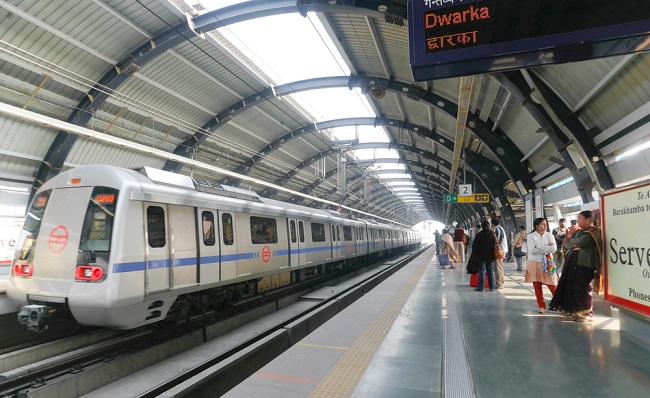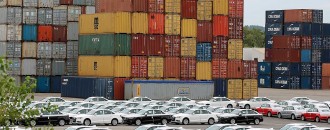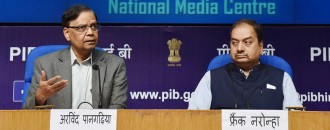Pull factor expected to trigger a race to simplicity among governments in trade facilitation
Bidhu Bhushan Palo | @TheDollarBiz

Despite progerss in the last two decades, India stands at 134 and 179 in World Bank's Ease of Doing Business and Starting a Business 2014 rankings respectively out of the total 189 countries monitored.

Of the total 189 countries monitored by the World Bank, India stands at 134 and 179 in Ease of Doing Business and in Starting a Business 2014 rankings respectively. India holds the lowest rank (No.8) among South Asian countries in Staring a Business index (Source - World Bank)

(GER UNCTAD/GEW Team; Mr. Frank Grozel, 4th from left)
This article was published on October 24, 2014.


 Of the total 189 countries monitored by the World Bank, India stands at 134 and 179 in Ease of Doing Business and in Starting a Business 2014 rankings respectively. India holds the lowest rank (No.8) among South Asian countries in Staring a Business index (Source - World Bank)
Of the total 189 countries monitored by the World Bank, India stands at 134 and 179 in Ease of Doing Business and in Starting a Business 2014 rankings respectively. India holds the lowest rank (No.8) among South Asian countries in Staring a Business index (Source - World Bank) (GER UNCTAD/GEW Team; Mr. Frank Grozel, 4th from left)
(GER UNCTAD/GEW Team; Mr. Frank Grozel, 4th from left)
-Vertical.jpg)




 to success.
to success.